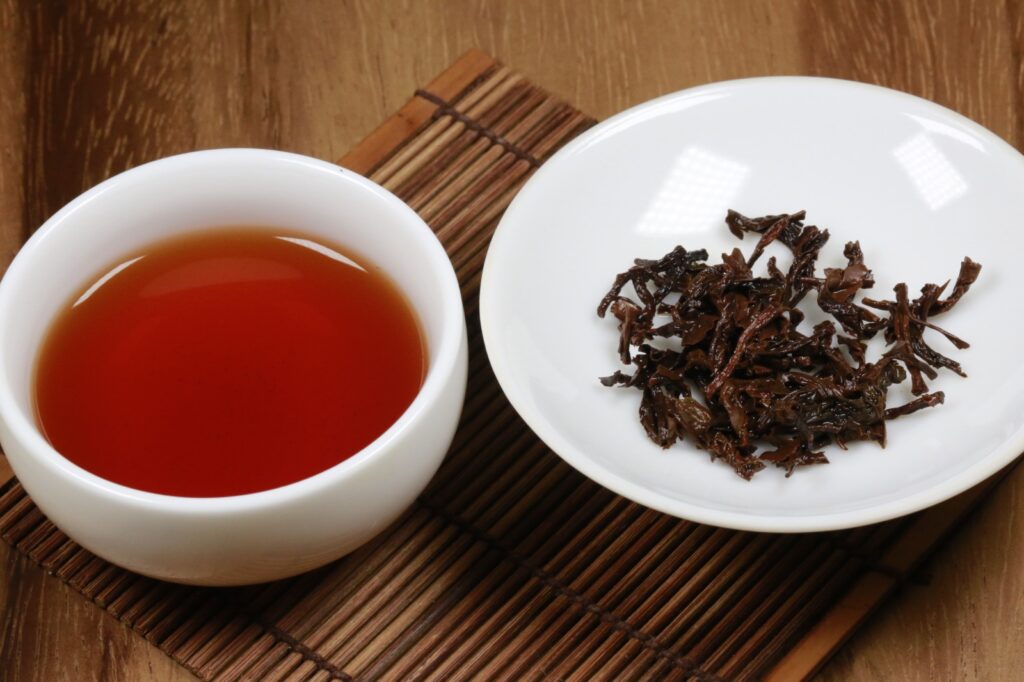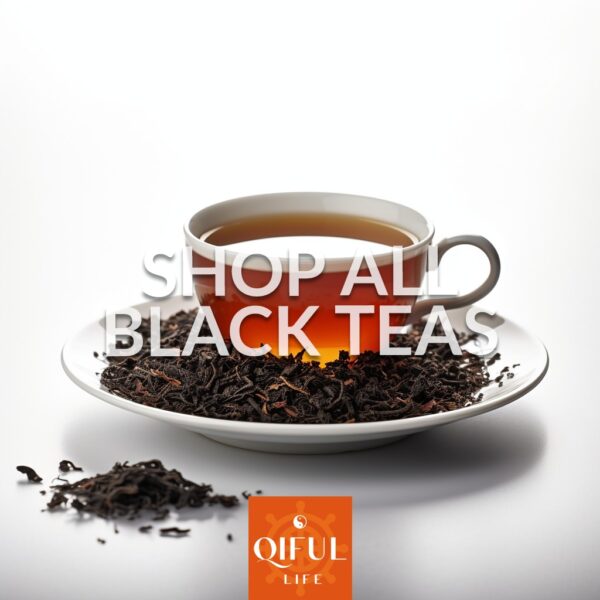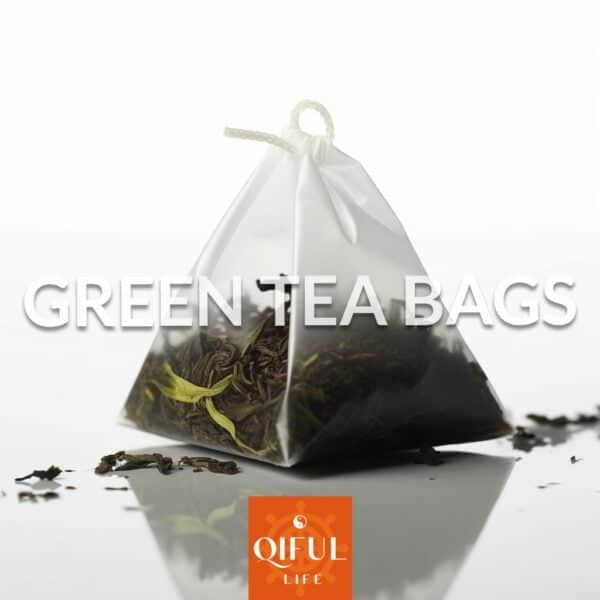Recently, attention has turned to the potential impact of black tea on testosterone levels. In this article we look at whether claims of black tea affecting testosterone hold any merit and what the science says.
Black Tea Basics
Origin: Black tea, one of the six main tea types, ranks as a fully oxidized tea. Major producing regions include Yunnan, Hubei, Hunan, Shanxi, and Anhui.
Processing: Process black tea using kill-out, rolling, and drying methods.
Nutrient Content: Black tea offers a wealth of nutrients, including vitamins, minerals, proteins, amino acids, and sugars.
Nutrients in Black Tea and Their Influence on Testosterone
Theaflavins and 5α-Reductase: Black tea’s theaflavin content inhibits 5α-reductase, an enzyme that converts testosterone into dihydrotestosterone (DHT), a more potent form of the hormone.
Polyphenols and Testosterone Levels: Low doses of epicatechin, a polyphenol in black tea, increase testosterone levels in rats. However, high concentrations of polyphenols, especially EGCG, inhibit testosterone production in test-tube studies.
Comparative Insights with Medications
5-alpha-Reductase Inhibitors: Medications like finasteride target testosterone indirectly. Studies suggest black tea, with 5-alpha-reductase inhibitors, similarly reduces DHT levels and elevates testosterone.
Black Tea’s Impact on Testosterone Metabolism
UGT2B17 Inhibition: Black tea blocks the effects of UGT2B17, the enzyme involved in testosterone metabolism in the liver. This inhibition potentially increases free, active testosterone in the bloodstream.
Balancing Act: Benefits and Risks of Elevated Testosterone
Benefits of Slightly Elevated Testosterone
-
- Raised red blood cell count
- Improved cardiovascular health
- Resistance to osteoporosis
- Increased difficulty for the body to convert protein and carbohydrates to fat
- Enhanced muscular strength
Recommended Black Tea
One important aspect worth noting is the quality of tea. Organic, single origin black tea is the purest form. Large brand sections that use herbicides and machine plucking techniques should be avoided.
Conclusion: Navigating the Testosterone Terrain
While the impact of black tea on testosterone is an emerging field of study, preliminary research offers encouragement. The delicate balance between reaping the benefits of slightly elevated testosterone and avoiding potential risks underscores the complexity of hormonal modulation. As research unfolds, understanding this intricate interplay will guide the nuanced use of black tea for potential health benefits. Always remember, hormonal interventions are a double-edged sword that requires careful consideration and balance.




